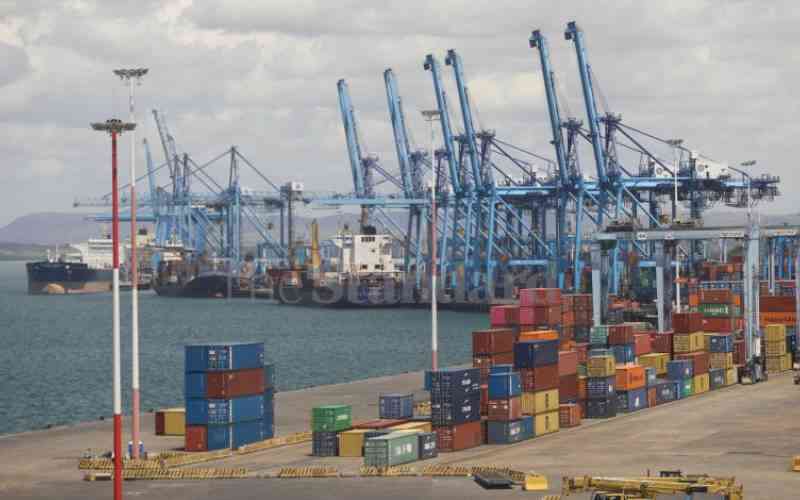×
The Standard e-Paper
Smart Minds Choose Us

Mombasa port beat giant ports in Africa after being voted the second most efficient facility in Africa.
Kenya Ports Authority Managing Director Captain William Ruto said Mombasa port has been ranked the second-best facility in the continent after Tangier port in Morocco.